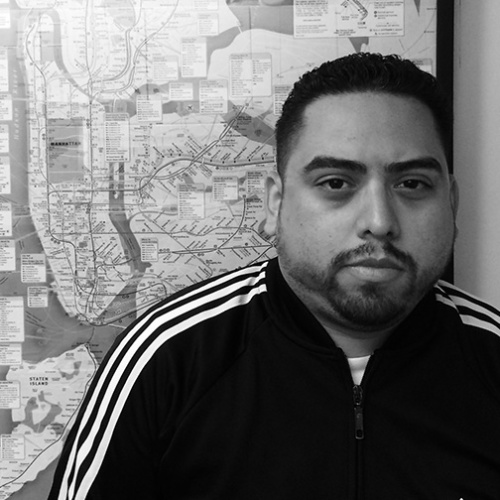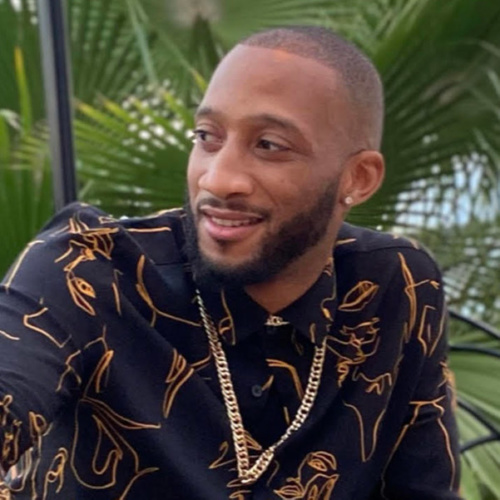The definition1 of the phrase “record label” is simple: “a company that produces and sells records, CDs, and recordings.” Adding the word “major” to that is pretty self-explanatory. Explaining in greater detail what exactly one of these companies, let alone one of the biggest examples of one does, is not.
At its most basic, major record labels find Singers and musicians, sign them to exclusive contracts, and release the music they create in order to make both the company and the artists money. Of course, doing so successfully involves a lot of people with different jobs, and the largest firms can have thousands of employees worldwide.
Major record labels are always on the hunt for rising talents, and while they used to search for them in small nightclubs, these days many new signees are discovered on social media or on platforms like Spotify, Apple Music, or YouTube, where anyone who is going viral with a clip or a song instantly becomes a must-have for the biggest players in the space.
After a contract is signed, major record labels can help pair musicians with Producers, Writers, Engineers and Mixers, all of whom come together to create songs and albums. The company then creates promotion plans, distributes the music via digital platforms (streaming sites and download stores like iTunes) and manufactures CDs and vinyl, then ships them out to stores.
Major record labels can then help promote the music, via traditional publicity routes (magazines, blogs, TV, advertising), radio, and marketing (which can involve everything from the cover art to selling the tunes themselves). They also help develop musicians, both new and established, helping them find new sounds and creative outlets.
It’s worth noting that while major record labels will have their hand in all of these activities for all of their artists, the company itself doesn’t always do them. For example, the major record labels have publicity and radio divisions, but that doesn’t mean they work every project themselves. Sometimes the Managers of artists and bands will work out a deal to do PR/marketing/radio themselves or perhaps hire another outside firm.
Major record labels also focus on publishing and licensing of the music they own the rights to, helping supply songs for film, TV, advertisements, and so on.


